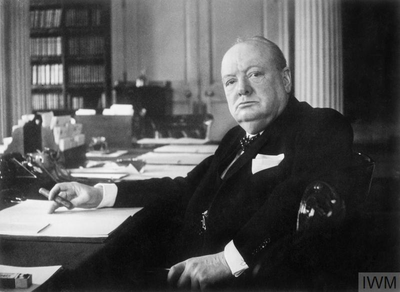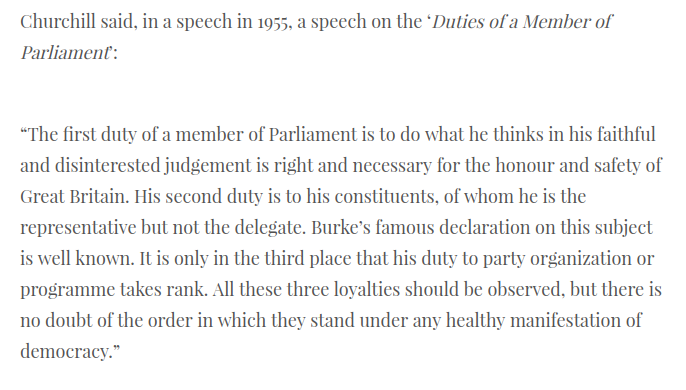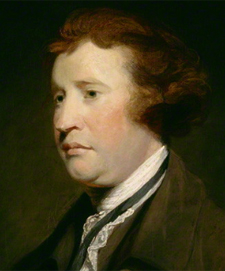

So, what did Edmund Burke actually say ?

Burke’s philosophy on representation was famously articulated in his 1774 Speech to the Electors of Bristol, reproduced below.
“I am sorry I cannot conclude without saying a word on a topic touched upon by my worthy colleague. I wish that topic had been passed by at a time when I have so little leisure to discuss it. But since he has thought proper to throw it out, I owe you a clear explanation of my poor sentiments on that subject.
“He tells you that “the topic of instructions has occasioned much altercation and uneasiness in this city;” and he expresses himself (if I understand him rightly) in favour of the coercive authority of such instructions.
“Certainly, gentlemen, it ought to be the happiness and glory of a representative to live in the strictest union, the closest correspondence, and the most unreserved communication with his constituents. Their wishes ought to have great weight with him; their opinion, high respect; their business, unremitted attention. It is his duty to sacrifice his repose, his pleasures, his satisfactions, to theirs; and above all, ever, and in all cases, to prefer their interest to his own. But his unbiased opinion, his mature judgment, his enlightened conscience, he ought not to sacrifice to you, to any man, or to any set of men living. These he does not derive from your pleasure; no, nor from the law and the constitution. They are a trust from Providence, for the abuse of which he is deeply answerable. Your representative owes you, not his industry only, but his judgment; and he betrays, instead of serving you, if he sacrifices it to your opinion.
“My worthy colleague says, his will ought to be subservient to yours. If that be all, the thing is innocent. If government were a matter of will upon any side, yours, without question, ought to be superior. But government and legislation are matters of reason and judgment, and not of inclination; and what sort of reason is that, in which the determination precedes the discussion; in which one set of men deliberate, and another decide; and where those who form the conclusion are perhaps three hundred miles distant from those who hear the arguments?
“To deliver an opinion, is the right of all men; that of constituents is a weighty and respectable opinion, which a representative ought always to rejoice to hear; and which he ought always most seriously to consider. But authoritative instructions; mandates issued, which the member is bound blindly and implicitly to obey, to vote, and to argue for, though contrary to the clearest conviction of his judgment and conscience, – these are things utterly unknown to the laws of this land, and which arise from a fundamental mistake of the whole order and tenor of our constitution.
“Parliament is not a congress of ambassadors from different and hostile interests; which interests each must maintain, as an agent and advocate, against other agents and advocates; but parliament is a deliberative assembly of one nation, with one interest, that of the whole; where, not local purposes, not local prejudices, ought to guide, but the general good, resulting from the general reason of the whole. You choose a member indeed; but when you have chosen him, he is not member of Bristol, but he is a member of parliament. If the local constituent should have an interest, or should form an hasty opinion, evidently opposite to the real good of the rest of the community, the member for that place ought to be as far, as any other, from any endeavour to give it effect. I beg pardon for saying so much on this subject. I have been unwillingly drawn into it; but I shall ever use a respectful frankness of communication with you. Your faithful friend, your devoted servant, I shall be to the end of my life: a flatterer you do not wish for.”
I republish these two utterances because there is currently an examination in progress of the actions of Government in the early stages of the COVID epidemic – the first months of 2020 – and so far the actions of the then Prime Minister, Boris Johnson, and the Cabinet, are not showing up well. The sort of men and women who have made their way into high office in recent years simply do not match up to the qualities of men like Burke or Churchill, and, indeed, seem quite unsuited to the positions they hold and incapable of carrying out the duties and responsibilities that they demand. Quite how we correct this failing is not clear to me, but fairly obviously some sort of examination and selection process to arrive at suitable candidates is necessary. Such procedures have been in pace for many tears for HM Forces and in commerce and industry – but are not apparently required for those who are going to govern us and run the country.
Today I have deleted my Twitter account. Always controversial, it did include quite a number of decent people with whom it was a pleasure to engage. Of late, however, it seems to have become overwhelmed by posts of a hostile and hate filled nature, and one wonders whether these posters are real people, or whether they are devices posting deliberately at the will of their controllers to sow dissension, stir up more hate, and generally promote the destabilisation of our society.

